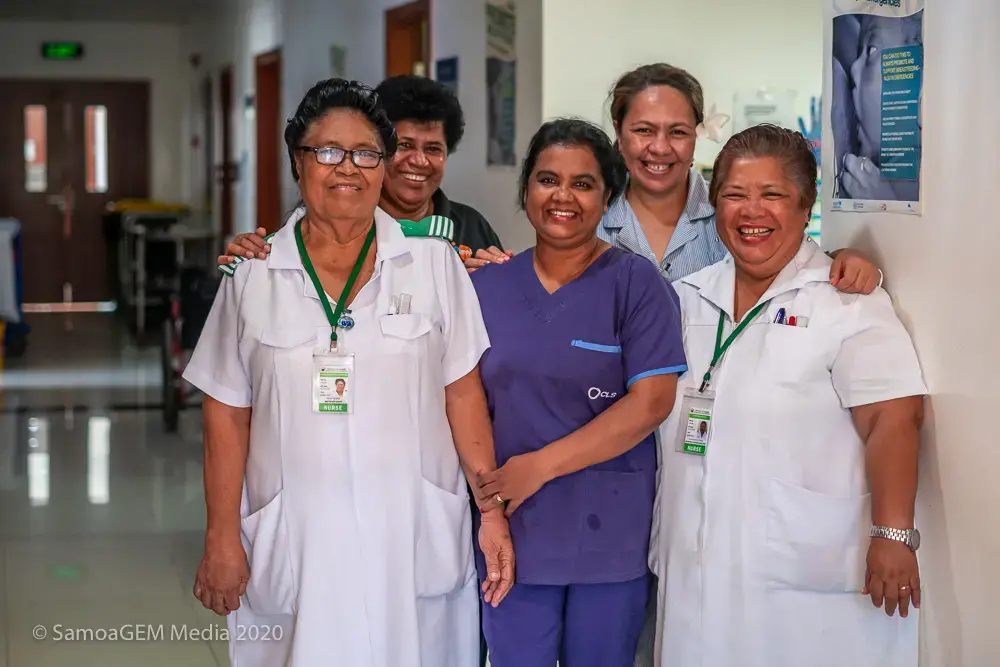UNFPA Pacific has strengthened access to quality integrated sexual and reproductive health services for our targeted group which is women, adolescents, and youth, across the development humanitarian nexus. In collaboration with partners, the program has achieved this output in eight countries (Fiji, Kiribati, Republic of the Marshall Islands, Samoa, Solomon Islands, Tonga, and Vanuatu). With regular resources, UNFPA supports:
(a) a review of factors contributing to an unmet need for family planning, to inform policy advice and behavior change communication;
(b) advocacy and technical assistance to develop sexual and reproductive health cost implementation plans and national reproductive commodity health security sustainability strategies; and
(c) the implementation of the Minimum Initial Service Package at the onset of a crisis.
As other resources are available, UNFPA also supports:
(d) the development of guidelines and protocols for delivery of high-quality integrated sexual and reproductive health services and quality of care, including for adolescents and youth;
(e) midwifery workforce strengthening;
(f) developed cervical cancer policy guidelines; and
(g) established maternal/perinatal death surveillance and response systems.
The increased national capacity to design and implement community and school-based family life education programs. In collaboration with partners, including youth networks, UNFPA has advocated and provided technical assistance in five countries (Fiji, Kiribati, Samoa, Solomon Islands, Tonga, and Vanuatu) for:
(a) the formulation and implementation of community and school-based family life education that promotes human rights and gender equality;
(b) quality assurance of the family life education curricula;
(c) the development of resources and tools for community education for marginalized adolescents and youth, including key populations; and
(d) high-level advocacy for safe spaces for adolescent girls.


